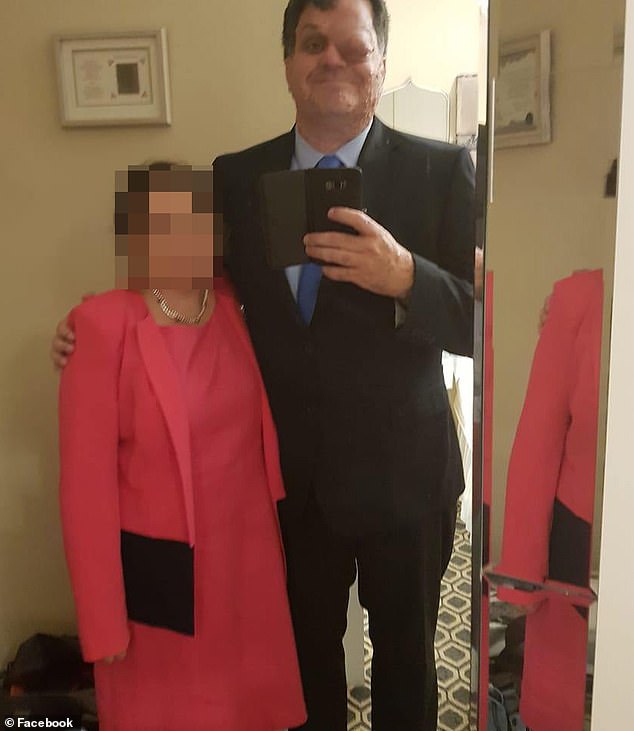A restaurant threw me out because of my facial disfigurement – they claimed customers had made complaints about me
A man was thrown out of a restaurant after staff claimed his facial disfigurement had led to complaints from customers.
Oliver Bromley, who has neurofibromatosis type 1, a condition in which benign tumours grow on his nerves, was asked to leave the restaurant in Camberwell, south London, in August.
Mr Bromley was a patient at King’s College Hospital when the incident occurred. After receiving treatment, he decided to go to the restaurant – which he did not want to name – for a bite to eat.
When Mr Bromley saw that the restaurant only accepted cash, he left to withdraw some money. However, when he returned, staff told him to “please leave” because they said he was “scaring the customers”.
Mr Bromley told the BBC: ‘There wasn’t enough time between when I first went there and when I went back for a complaint to be made about me, so it’s clear that the restaurant staff weren’t happy with my appearance.’
Oliver Bromley (pictured), who has neurofibromatosis type 1, which causes benign tumours to grow on his nerves, was asked to leave the restaurant in Camberwell, south London, in August
The comment, which he took “very personally”, made Mr Bromley very angry, but he did not confront the employee and decided to leave.
He has since filed a complaint with the restaurant and reported the incident to the Metropolitan Police.
Mr Bromley says he doesn’t mind people asking questions about his condition and believes the incident was due to a lack of education.
He said, ‘They probably thought tumors were contagious or something.’
Now he wants to try to turn the terrible incident into ‘something good’ by raising awareness for people with facial abnormalities.
He added: ‘It’s not about me. It’s never been about me.’
Karen Cockburn, director of Nerve Tumours UK, said: ‘We were extremely disappointed to hear about the terrible, but sadly not unusual, incident that Oliver Bromley experienced while trying to buy lunch.

Mr Bromley says he doesn’t mind people asking about his condition and believes the incident is due to a lack of education. He said: ‘They probably thought having tumours was contagious or something’
‘We work tirelessly to raise awareness of the condition and the work we do to help patients, and to educate the general public about the condition.
‘We have written to both the restaurant in question and to UK Hospitality, the trade association.
‘While we have not yet received a response from the restaurant, I am pleased to inform you that UK Hospitality has offered to work with us to raise awareness of the condition in the hospitality industry. I will be in discussions with them shortly to start this partnership.’
In a statement, the Met Police told MailOnline: ‘Police were called at 7.20pm on Wednesday 21 August to reports of a discrimination incident in Camberwell.
A man in his 40s stated that he was denied service at a local restaurant due to a facial disfigurement related to his medical condition.
‘Officers arrived on scene and spoke with the victim. No arrests were made.
“We take reports of hate crime seriously and record all cases, regardless of whether they pass the threshold to be classified as a crime or not.”
